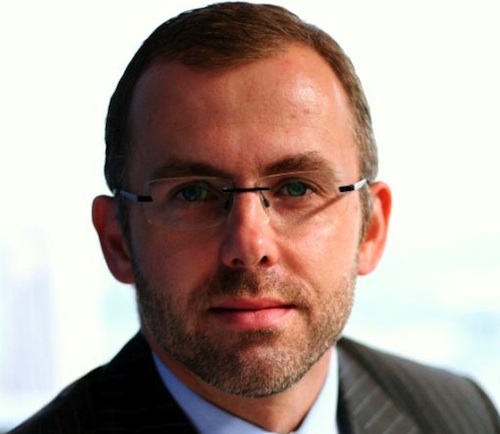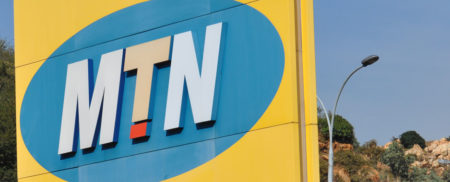
SA’s mobile telephony offerings may not be as expensive as the general perception may suggest, and while there is potential scope for further reduction in pricing, the issue does warrant broader consideration.
This is one of the key findings of a new white paper, SA Telecoms in 2010: High Stakes for the Big Winners, published by telecoms advisory group Delta Partners.
“From a consumer perspective, the comparative effective rate per minute supports the commonly held view that prices remain relatively high and there is room for further price reductions,” says Andrew Snead, senior partner for sub-Saharan Africa at Delta Partners. “Though this is possibly true, one should also consider three other factors.”
In relative terms, the cost of entry to mobile services in SA is comparatively low, and this is an important consideration in the overall equation, he says.
Operators offer very low-cost Sim starter packs that are often preloaded with additional benefits, while also offering highly subsidised handsets, even in the prepaid space, which is a rare practice worldwide.
“Consumers have been taught by operators that handsets are effectively free while also offering attractive post-paid promotions, including DVD players, video cameras and game consoles, to entice new customers, raising separate issues surrounding customer lifetime value,” Snead says.
When viewed in a global context, SA is not a particularly densely-populated country; it has a medium degree of urbanisation and has high energy prices (with unreliable sources that call for costly back-up alternatives such as generators), all of which contribute to the cost per minute.
This is why a direct per minute price comparison with countries such as India and Singapore should be avoided.
Also, there is a significant degree of investment taking place that should, if executed properly, deliver highly reliable, fast and innovative mobile services to the SA market.
Markets with the lowest price per minute are often characterised by low levels of investment, innovation and quality.
“There are grounds to suggest prices could be further reduced in SA, although the debate warrants broader consideration, beyond price-per-minute, which is too one-dimensional.
“Authorities should be careful about what they ask for. Overly aggressive reductions might actually impede the long-term objectives of price competitiveness, quality and innovation,” Snead says.
SA is still in a stage of relatively high capital investment in terms of telecoms infrastructure, which adds additional challenges to the network operators’ cash flow generation.
Operators will need to squeeze as much return on invested capital as possible and increase their overall efficiency in order to remain competitive.
One strategy to accomplish this, Delta Partners says, is that operators need to move from rhetoric to reality regarding infrastructure sharing and optimised sourcing.
“Tower sharing has been popular and a well-understood topic of debate for some time but the market is yet to fully exploit the opportunities, despite recent announcements that MTN and Telkom, as well as Cell C, are involved in various deals,” Snead says.
“Not enough is being done at a time when the savings potential is at its greatest,” he points out.
Secondly, operators need to address the high subscriber acquisition costs in the form of handset subsidies and sales channel commissions.
“Our internal benchmarks suggest that subscriber acquisition costs in SA are materially higher than some of its peers. The ‘middle-men’ have historically extracted a disproportionate level of the value and perhaps the time has arrived for operators to get a little tougher. The market is maturing and operators must shift their mindset from revenue and gross additions to shareholder value,” Snead explains.
Operators that place a genuine emphasis on customer experience and churn will become the true winners of 2010.
Finally, in a further attempt to monetise their investment, operators may seek to drive wholesale revenues, as illustrated by the recent roaming deal between MTN and Telkom.
“Beyond such mega-deals, operators could also position themselves to serve the smaller niche data players with wholesale-type solutions,” Snead says.
“We expect the wholesale data market to grow significantly given the low level of penetration and demand for high-bandwidth services within the government, corporate and small and medium enterprise space,” he says.
With fixed minutes in decline and very low Internet and broadband penetration rates, it is clear the next area of growth will be mobile data. Broadband subscribers are expected to reach more than 9m by 2013, representing an annual growth of over 20% for the next four years. — Staff reporter, TechCentral
- Subscribe to our free daily newsletter
- Follow us on Twitter or on Facebook




